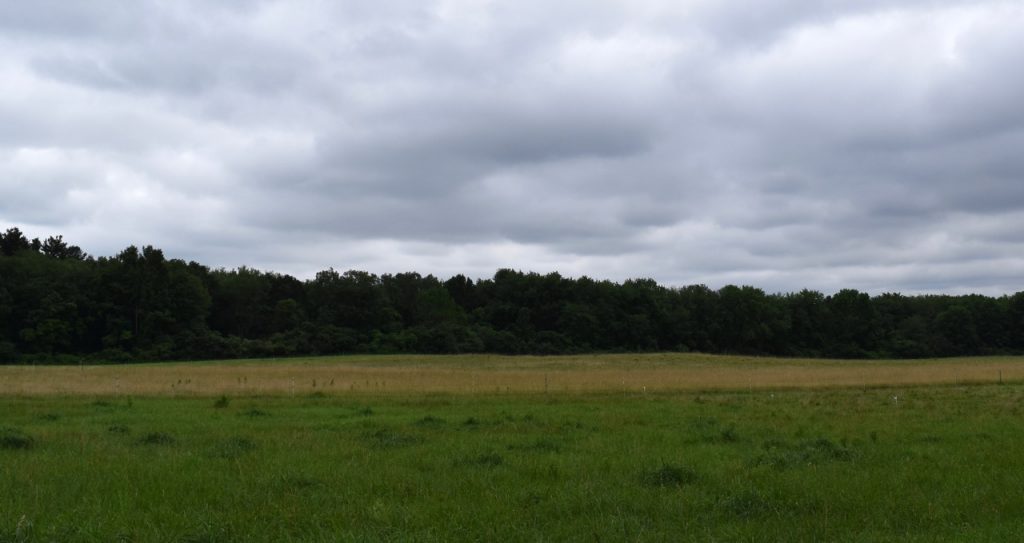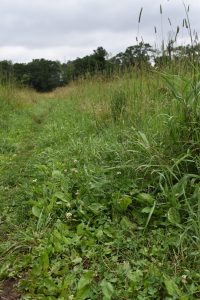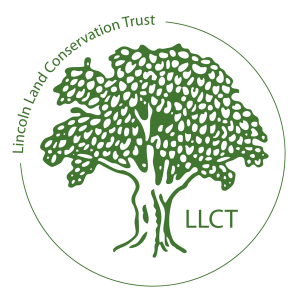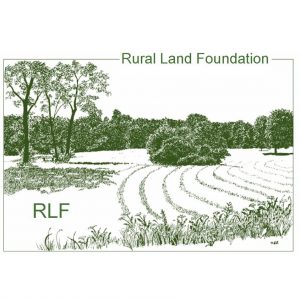Lincoln’s Land Ethic
Aldo Leopold, influential conservationist and philosopher, pioneered the concept of “the land ethic” in which all members of our ecological community are treated with respect for the mutual benefit of all. For generations, Lincoln residents have personally acknowledged this concept of preserving open space for the benefit of all humans and their nonhuman neighbors. This is now known as Lincoln’s Land Ethic, and the resulting effect has motivated our community’s efforts to preserve open space and Lincoln’s rural character.
Residents like you help to create and maintain Lincoln’s special character. You have an opportunity to permanently protect your land and Lincoln’s natural heritage as a legacy for your children and for future generations.

Conservation Restrictions
A conservation restriction is a voluntary, legally binding agreement that permanently protects a specific parcel(s) of land. A CR protects the conservation values of the land while allowing the landowner to retain ownership of the land. Lincoln Land Conservation Trust (LLCT) holds the CR, which means that LLCT is responsible for making sure that the terms of the CR are upheld, even if the land is sold to a new owner. LLCT currently holds 88 CRs covering almost 600 acres.
Ownership and maintenance
CRs maintain private ownership. The landowner continues to live on and use the property, and the CR is unaffected, even if the property changes hands. The landowner is often better equipped to maintain and care for the land than a public or non- profit entity and can continue to do so as directed by the CR.
Custom conditions
CRs are flexible and written to meet the landowner’s conservation goals. CRs can permit agriculture and other limited uses, as long as the conservation values of the land are preserved. Depending on the level of public access that the landowner agrees upon, some CRs allow hiking on designated trails. Although public access is not required of a CR, it is strongly encouraged.

You select the location
The CR may cover part or all of a parcel, depending on the conservation values being protected. Generally, existing buildings on the land are excluded from the restriction. If a CR does encompass a building, the CR often allows for reconstruction within the same building footprint.
Requirements
CRs must preserve the land for one or more of the following purposes:
- Recreation by and/or education for the general public,
- Natural habitat for wildlife, fish and plants, or similar ecosystems,
- Water quality and/or watershed protection,
- Open space, including farmland and forest land for scenic enjoyment by the general public, and
- Historically important land or structures.
Tax incentives
CRs can result in income tax deductions based on the change in value of the property before and after the CR is implemented. Recent federal legislation allows deductions to be up to 50% of adjusted gross income and rolled over for a period of 15 years. CRs may also result in a reduction in property taxes.
LLCT is here to help
LLCT assists landowners with the CR application process, which requires approval from the Conservation Commission, Selectmen, and the State. This process helps ensure that the CR benefits the Town and the general public. Although there is no application fee, many landowners consult their own legal counsel before finalizing a CR.
A long lasting relationship
LLCT is legally required to uphold its CRs. As part of its responsibilities, LLCT monitors each CR annually to ensure that the terms of the CR are being met and to address any questions that the landowner may have concerning the CR. LLCT is eager to maintain strong relationships with landowners and is always available as a resource.
Land Donation
An alternative to a CR is to donate or sell your land through a deed to the LLCT. As added protection, LLCT will often place a CR on the land to ensure its permanent protection.

Tax incentives
A landowner can often claim a federal income tax deduction by donating land to the LLCT. The deduction is usually equal to the fair market value of the land that is donated.
Donating land eliminates the donor’s future property taxes and removes the value of the property from the donor’s estate, thus potentially reducing estate taxes. The donor can also avoid capital gains taxes.
Your Next Step
Contact us! LLCT and RLF can help you clarify your land conservation goals and guide you through the process of protecting your land permanently.

